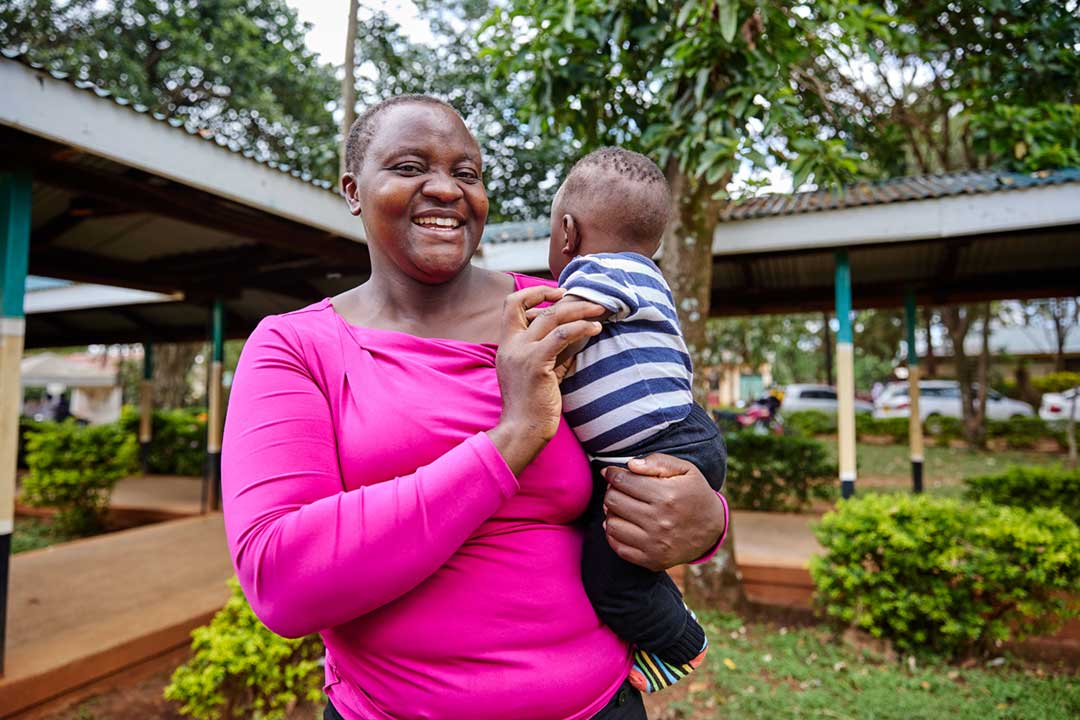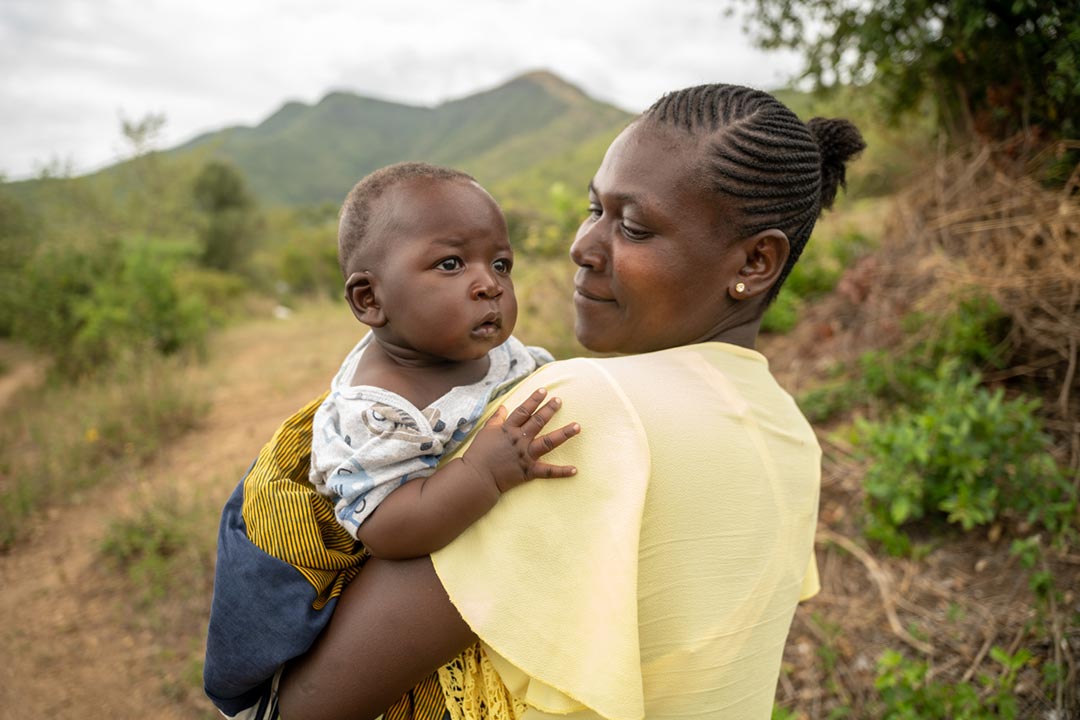“A great day for science”: WHO recommends second vaccine against malaria
The WHO’s chief advisory group on immunisation has recommended the new R21/Matrix-M malaria vaccine.
- 3 October 2023
- 4 min read
- by David Holmes

A key World Health Organization (WHO) expert advisory group recommended yesterday that the R21/Matrix-M vaccine be approved for use in children at risk of malaria caused by the plasmodium falciparum parasite.
The announcement marks a significant milestone in the global effort to control the disease, with WHO Director-General Tedros Ghebreyesus calling the news "a great day for health. A great day for science. And a great day for vaccines".
"The joint SAGE-MPAG recommendation to WHO of the R21/Matrix-M vaccine represents another major step towards our goal of creating a malaria-free life for every child."
– David Marlow, CEO of Gavi
The decision by the joint WHO Strategic Advisory Group of Experts on Immunization (SAGE) and Malaria Policy Advisory Group(MPAG) makes R21/Matrix-M just the second vaccine against malaria to have been recommended for use, after the RTS,S/AS01e vaccine was approved in 2021.
Although the two vaccines have not been compared head-to-head, Dr Dyann Wirth, chair of the MPAG group, noted that there was "every indication that they will be very similar", with around 75% efficacy when administered to young children in areas of high and moderate seasonal transmission.
Supply boost
Crucially, R21/Matrix-M, which was developed at the Jenner Institute, Oxford University, has the potential to help rapidly close the gap between supply and demand for an effective vaccine against malaria. With around 18 million doses of RTS,S/AS01 available until the end of 2025, demand for the vaccine has already outstripped supply .
The manufacturer of R21/Matrix-M – the Serum Institute of India – aims to deliver more than 100 million doses per year, meaning the new vaccine could broaden access and "have high public health impact", notes Wirth.
Approval of the new vaccine has been hailed by those involved in the global fight against malaria, who hope it can boost efforts to expand access to safe and effective malaria vaccines as part of a multipronged strategy to control and eradicate the disease by 2030.
"The joint SAGE-MPAG recommendation to WHO of the R21/Matrix-M vaccine represents another major step towards our goal of creating a malaria-free life for every child," said David Marlow, CEO of Gavi.
"This vaccine, along with the existing RTS,S/AS01 vaccine, will be an effective complement to existing malaria interventions. Once it receives WHO prequalification, it will play a key role in meeting the high demand we are seeing in endemic countries."
Faltering progress
The announcement comes at a time when efforts to control and eradicate malaria have stalled or reversed in parts of Africa. Climate change has enabled the anopheles mosquito that spreads the malaria parasite to expand its range into new territories.
At the same time, an increase in the frequency and severity of extreme weather events has hampered efforts to control mosquito populations. Growing resistance to the most widely available insecticides and drugs has also started to erode the impact of key measures to prevent and treat the disease.
Have you read?
Faltering progress against malaria prompted African heads of state to use September's UN General Assembly to call for urgent action and increased funding to get back on track towards eradicating the disease on the continent. The vast majority (95%) of the approximately 247 million cases and 619 000 deaths from malaria recorded in 2021 occurred in sub-Saharan Africa, with the majority of deaths occurring in children under the age of 5 years.
Before arriving at their decision, the WHO's joint SAGE–MPAG group considered evidence including newly published findings from a Phase 3 randomised controlled trial, which showed the vaccine was safe and conferred a high level of protection against clinical malaria in African children.
How the vaccines work
Both the RTS.S/AS01e and the new R21/Matrix-M vaccines work by flagging the malaria parasite to the body's immune system at an early stage in the parasite's lifecycle, before it has a chance to proliferate.
By packaging a protein from the malaria parasite together with a protein from the hepatitis B virus, which usually triggers a strong immune response, the vaccines can train the immune system to target the parasite when it is at its most vulnerable, immediately after it enters its new host.
The Matrix-M component of the R21 vaccine also acts as a potent adjuvant – helping the immune system to mount a stronger and more sustained response to the parasite.
Whilst welcoming the decision to approve the vaccine, Dr Michael Charles, CEO of the Roll Back Malaria Partnership, also sounded a note of caution. "There is no silver bullet to end malaria," noted Dr Charles, who said there are "still major hurdles to overcome" including significant funding shortfalls.
But on the day that the Nobel Prize for Physiology and Medicine was awarded to the researchers whose work led to the development of mRNA vaccines against COVID-19, the WHO Director-General was optimistic that malaria vaccines could prove similarly transformative. "I used to dream of the day when we had a safe and effective vaccine [against malaria]" he recalled. "Now we have two."






